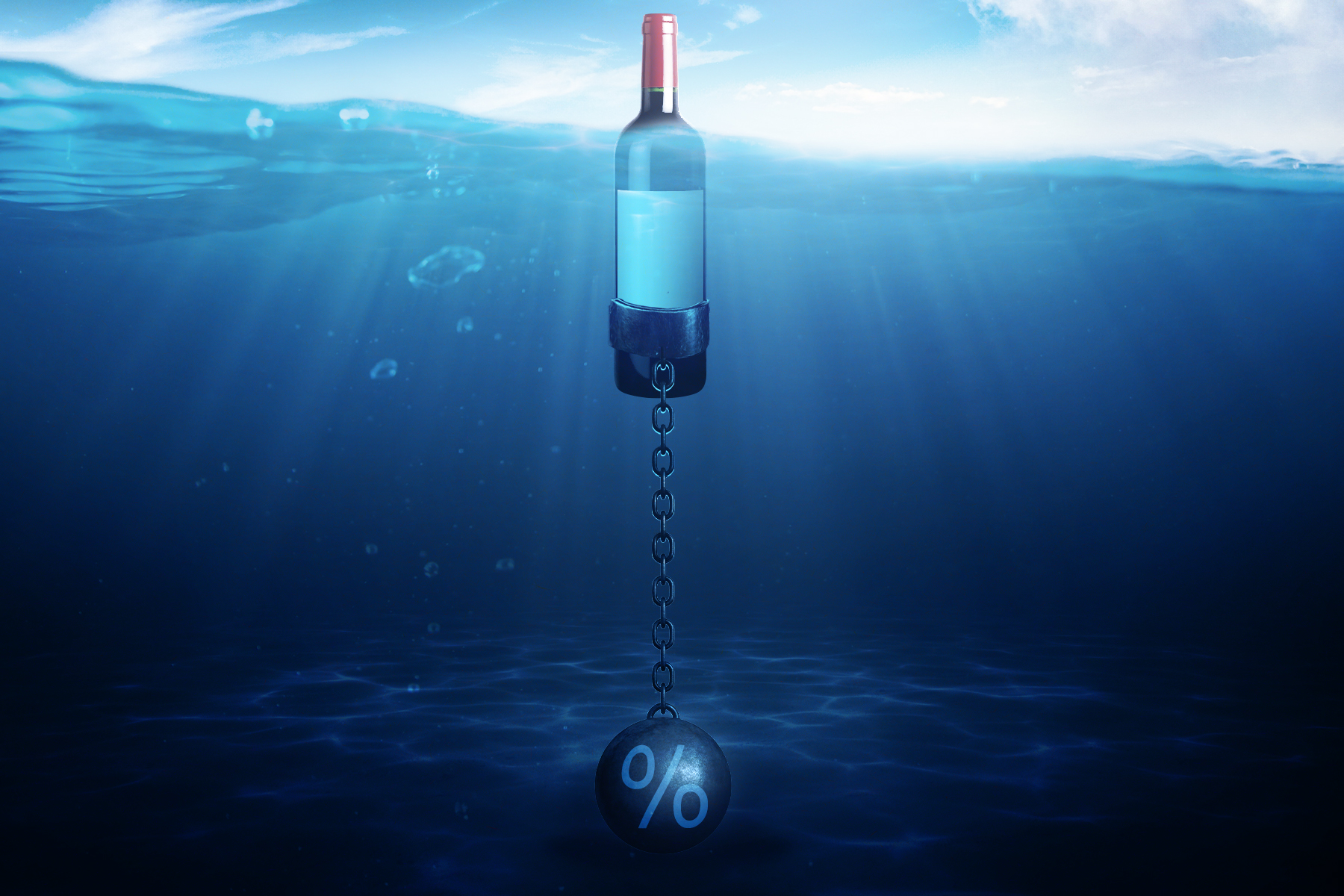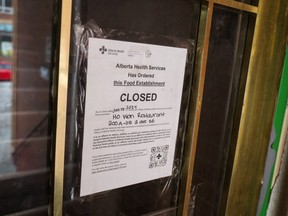Top Stories
Alberta’s New Wine Tax Hits BC Wineries Hard Amid Trade Tensions

URGENT UPDATE: Alberta’s government has just implemented a controversial new tax impacting British Columbia wineries, igniting tensions in the Canadian wine industry. Effective January 2024, the ad valorem tax targets wines priced over $15 a litre, dramatically increasing costs for consumers and threatening BC winemakers’ livelihoods.
Christine Coletta, co-owner of Haywire and Garnet Valley Ranch in Summerland, BC, had high hopes for her wineries following a recent agreement allowing direct sales to Albertans. However, the announcement of this tax has shattered those plans. Coletta expressed frustration, stating, “This is another layer of government with their hands in our pockets.”
The new tax system is structured in tiers: 5 percent on wines priced between $15 and $20 per litre, 10 percent for $20 to $25, and a staggering 15 percent for anything above $25. Coupled with a per-bottle charge of $4.11, Albertans purchasing a $20 bottle of BC wine will now face a total cost of $26.11. This translates to an added cost of $73.32 for a case of wine shipped from BC.
The impact is immediate and severe. Ron Kubek, owner of Lightning Rock Winery, reported a concerning 50 percent drop in sales to Alberta since the tax took effect. “Potential buyers are abandoning their carts when they see the taxes added,” he explained. This scenario is emblematic of a broader trend affecting the BC wine industry, already struggling against competition from cheaper imported wines.
Historically, the relationship between Alberta and BC regarding wine sales has been tumultuous. Following a brief boycott in 2018 over political disputes, a new agreement was hailed as a breakthrough for the industry. Unfortunately, the new tax has cast doubt on the viability of this compromise, with Coletta now shifting her marketing focus to Manitoba, where regulations are more favorable for direct sales to consumers.
The reaction from industry leaders is one of outrage. Dan Paszkowski, CEO of Wine Growers Canada, emphasized the ongoing challenges faced by Canadian wineries due to restrictive interprovincial laws. “Most countries allow their wineries to ship wine across their own borders,” he said, highlighting the outdated nature of Canadian regulations.
Critics argue that this new tax is a direct response to tariffs imposed by the United States, further complicating the landscape for Canadian winemakers who are already at a disadvantage due to higher production costs. Kubek lamented, “It’s despicable that the Alberta premier would use another country’s tariffs to impose new tariffs on Canadian companies.”
As the situation develops, it remains unclear whether the Alberta government will take further action against BC wineries or if they will allow the grey market to flourish. Legal experts suggest that enforcement may be difficult, as there are currently no inspections at the BC-Alberta border.
With Alberta’s new tax on BC wines stirring discontent, the ripple effects could significantly reshape the wine industry across Canada. The push for more equitable interprovincial trade continues, with many hoping for a future where Canadian wines can be freely shipped across borders without additional burdens.
As the wine wars heat up once more, industry stakeholders are watching closely. The future of BC wineries hangs in the balance, and time will tell whether this latest challenge will spur a new wave of advocacy for change in Canada’s wine laws.
-

 Politics4 weeks ago
Politics4 weeks agoSecwepemc First Nation Seeks Aboriginal Title Over Kamloops Area
-

 World5 months ago
World5 months agoScientists Unearth Ancient Antarctic Ice to Unlock Climate Secrets
-

 Entertainment5 months ago
Entertainment5 months agoTrump and McCormick to Announce $70 Billion Energy Investments
-

 Science5 months ago
Science5 months agoFour Astronauts Return to Earth After International Space Station Mission
-

 Lifestyle5 months ago
Lifestyle5 months agoTransLink Launches Food Truck Program to Boost Revenue in Vancouver
-

 Technology3 months ago
Technology3 months agoApple Notes Enhances Functionality with Markdown Support in macOS 26
-

 Lifestyle3 months ago
Lifestyle3 months agoManitoba’s Burger Champion Shines Again Amid Dining Innovations
-

 Top Stories2 months ago
Top Stories2 months agoUrgent Update: Fatal Crash on Highway 99 Claims Life of Pitt Meadows Man
-

 Politics4 months ago
Politics4 months agoUkrainian Tennis Star Elina Svitolina Faces Death Threats Online
-

 Sports5 months ago
Sports5 months agoSearch Underway for Missing Hunter Amid Hokkaido Bear Emergency
-

 Politics5 months ago
Politics5 months agoCarney Engages First Nations Leaders at Development Law Summit
-

 Technology5 months ago
Technology5 months agoFrosthaven Launches Early Access on July 31, 2025





















